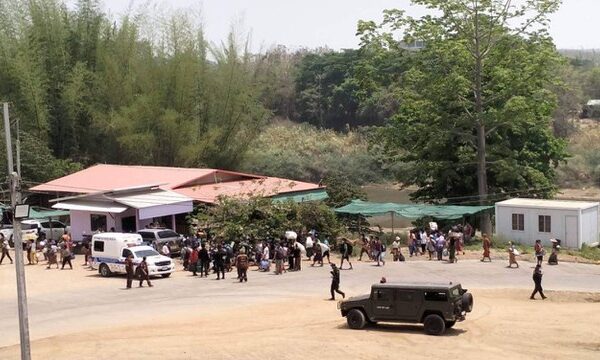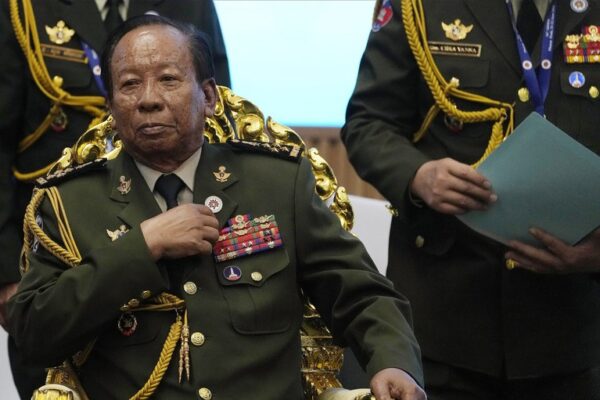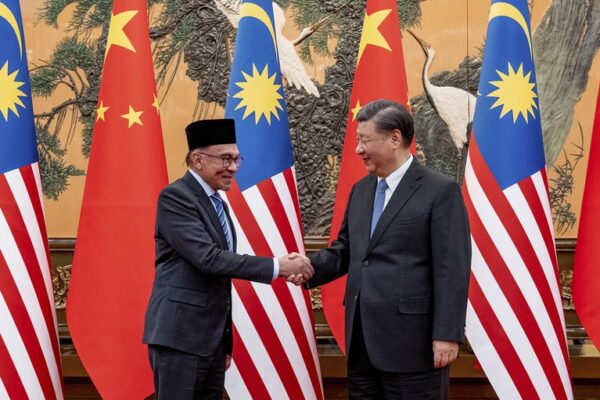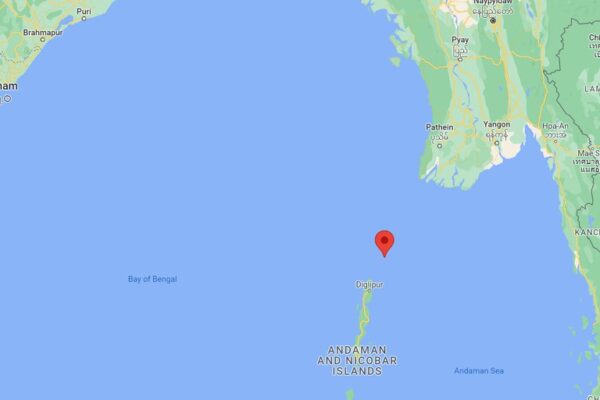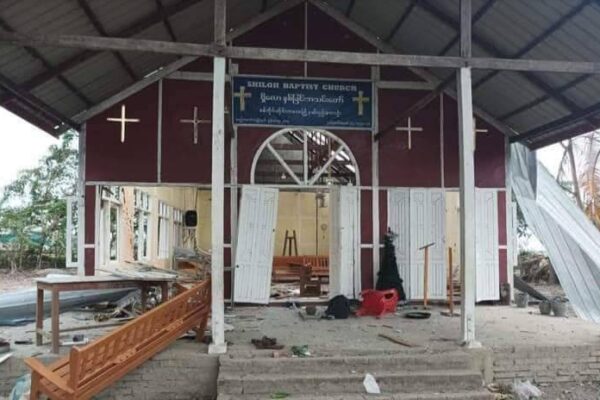
Week of fierce fighting forces 50,000 to flee Kale township in Myanmar’s north
Heavy artillery began raining from the sky onto villages to the north of Kale township on March 30, touching off what would become a week of fierce fighting between junta troops and local armed opposition forces. By the time the dust had settled on Wednesday, more than 50,000 residents of 17 villages had scattered, leaving a vast swathe of area on the outskirts of the bustling township in Myanmar’s Sagaing region eerily quiet and creating a humanitarian crisis in nearby population centers where many fled to seek shelter. “They all had to flee to the town of Kalay – the number of refugees coming into town amounted up to about 30,000 in two days, according to our calculations,” an aid worker assisting the displaced told Radio Free Asia. The influx of refugees amounts to nearly a quarter of the town’s population of around 130,000. “What they mainly need is mosquito nets, as there are a lot of mosquitoes in the summer. The weather is too hot, too. They need medicines and food such as rice, cooking oil and salt.” Following the artillery barrage, junta troops from the junta’s Kale-based Kha-La-Ya (228) unit, backed by forces from the regional command headquarters, conducted village raids using ground troops while aircraft provided support. A fighter jet and three military helicopters were deployed to attack a location near the village of Pyin Taw U on Monday evening alone, residents said. An official with the anti-junta Kale People’s Defense Force paramilitary group told RFA that multiple buildings were destroyed during the week of raids. “How the fighting broke out was that the junta forces first started firing heavy artillery on the villages in the north of Kale more than 40 times and then their ground troops [and air force] began to attack,” the official said, speaking on condition of anonymity citing security concerns. “We haven’t been able to confirm the details of the casualties and property damage in the villages yet. A Christian church and several houses have been damaged,” he said. “The junta threw fire bombs into the villages [on Thursday]. Nyung Kone and Kyi Kone villages are still burning.” The official said that two people from the Kale PDF had been captured by the junta, one was killed and three were injured in the fighting. A spokesman for the Kale PDF claimed that 10 junta soldiers were killed and 20 were wounded over the course of the week, but RFA has not been able to independently confirm the numbers. A Baptist church in Kale’s Pyidaw village, Sagaing region, was destroyed by air raids by Myanmar junta forces, Monday, April 3, 2023. Credit: Chin National League (Upper Chindwin) Early on Tuesday, fighting broke out between junta soldiers stationed at Kale University and the anti-junta Siyin region Civic Defense Militia, the militia said in a statement. One junta soldier was killed and CDM forces captured some military weapons, the group said. Attempts by RFA to reach Aye Hlaing, the junta spokesman for Sagaing region, about the clashes went unanswered Friday. ‘Our village is burning’ A resident of one of the villages north of Kale, who also declined to be named, told RFA that most of the people displaced by the fighting are sheltering in the homes of relatives in town, churches and Bible schools, or in the jungle. Other sources said that at least two civilians were killed by the military during the raids, while three others were injured by shelling and airstrikes. Meanwhile, the junta troops have set up camp at a Buddhist monastery in Nyang Kone village, making it impossible to return to the area, a resident said. “When the fighting paused, we returned home riding motorcycles to fetch our items of value, but once we heard them start back up, we had to flee again,” the Nyang Kone resident said. “We can hear gunshots and artillery shelling from the town. I dare not go back to my village. Other villagers who fled to the nearby woods said that our village is burning.” On Thursday, the anti-junta Kale Defense Force issued a warning to residents traveling to the north of the township that “a fight could break out at any time.” Residents estimate that since Myanmar’s military seized power in a Feb. 1, 2021 coup d’etat, around 70,000 people – or 1 out of every 5 inhabitants – have fled fighting in Kale township. Translated by Myo Min Aung. Edited by Joshua Lipes and Malcolm Foster.

